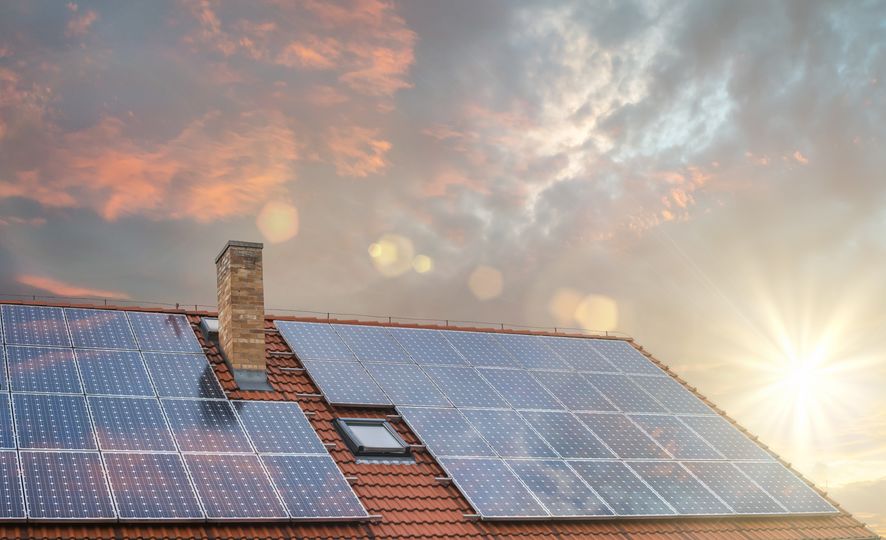
If your solar sales company is currently on the market for a customer resource management tool to help improve your sales and service delivery, you’ve probably noticed the enormous number of platforms currently on the market. But not all CRM software is created equal, so it’s important you choose one specifically designed to meet the unique needs of a solar sales organization. The following are five of the most key features that every good solar CRM should include, and they represent the absolute minimum your company should look for when selecting a CRM.
1) Advanced Lead Management and Sales Tools
In an industry as competitive as solar sales, you can’t afford to waste a single lead. That’s why advanced lead management is such a crucial part of any good solar CRM. One important feature to look for is the ability to capture leads from email, the web, or even the telephone directly into the CRM. Once a lead has been established, your CRM should make it easy – or, ideally, automatic – to capture important information from each interaction. That kind of constant customer data capture ensures your solar sales team will always have the information they need to deliver the most effective sales process possible.
2) Simple Integrated Scheduling
Solar sales aren’t an “in-store” occurrence, and your sales team is always on the go, scheduling calls, meeting clients, and moving prospects through the sales process. Once a sale is closed, it’s time for your installation and support teams to schedule one or more on-site visits to get your new clients’ equipment delivered, installed, and running. A good CRM should include integrated scheduling tools to make it as easy as possible for everyone on your team to manage those tasks and appointments. Tools like CRMDialer even allow sales and installation schedules to be integrated through permissions, allowing both sides of your business to communicate and schedule seamlessly.
3) Customer Service and Communication Tools
Solar equipment is both complex and expensive, meaning your clients are sure to need ongoing support well after installation. Delivering that support is important, especially if your clients are leasing their equipment from you over a period of years. A good CRM should include built-in customer service tools, like a customer portal and ticket center, making it as easy as possible for your clients to submit support requests and for those requests to reach the correct members of your team.
4) In-Depth Metrics and Business Intelligence
Because the solar industry is so competitive and margins are so tight, it’s crucial that your management team can keep a close eye on how your sales team is performing. A good CRM will offer a robust and easily accessible analytics platform, providing your team with the business intelligence they need to make the right short and long-term decisions. CRMDialer, for instance, provides complete analytics on everything from lead status, to outgoing sales calls, to SMS messages, email, and more.
5) Easy Access from Anywhere
Because your sales and installation teams are always on the move, they need to be able to access your CRM when and where they need to, regardless of whether or not they’re in the office. A good CRM should provide cloud-based web access and mobile access on Android and iOS devices. That not only ensures your team can access the data they need while in the field, it also ensures your organization can easily embrace remote work – something a wide variety of companies have been forced to see the value of.
CRMDialer is the leading customer resource management tool on the market, offering a wide variety of sales and productivity tools designed specifically to tackle the problems your solar sales company faces every day.
To find out more about how CRMDialer can help your company improve your sales process and deliver better service to your clients, start your free trial today!
Category:
CRMDialer Blog
Sales Tips
Solar Sales